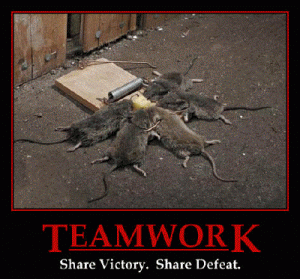 Is it inevitable; A disaster of catastrophic proportion that changes everyone’s living situation going forward for good? Is living post disaster just an unforeseen reality that many of us have not experienced yet? Look at Haiti just over a year ago. Look at Australia with flooding that has destroyed homes and lives.
Is it inevitable; A disaster of catastrophic proportion that changes everyone’s living situation going forward for good? Is living post disaster just an unforeseen reality that many of us have not experienced yet? Look at Haiti just over a year ago. Look at Australia with flooding that has destroyed homes and lives.
One thing is certain, however, that it is impossible to know when, how, and what disaster is going to strike. While reading through Les Stroud’s new book, even he realizes that you cannot be prepared for every situation. Learning EVERYTHING you need to learn to be proficient in every situation is just impossible. You (and I) cannot afford the time or money to learn everything we need to learn to be an expert in everything. In fact, if the SHTF and we were thrown back into a third world situation, my skill sets are not in the blue collar area. I am in sales. I cannot weld; it has been years since I have done any type of construction, etc. Admittedly, this is not good for me, or for you, if I was to wander by, and you asked what I know how to do to help… This is not a future I would wish upon you or I in the near of distant future.
So, let’s say you are like me; few skills (which by the way I am looking to improve upon) and good intentions. What do you do? Who do you look to? Well, who are your friends and family?
If you are a reader of this blog, you may have read a couple of posts I have written around building a team or going it alone. As I continue to learn, regardless of past posts, I am realizing that one thing is certain; that you cannot do it all alone. It is pretty simple to realize that. I see it every day at work. We are a team, and if someone does not work in the team mentality, the process and the project fall apart. That said, teamwork will be essential to your survival in a SHTF whether you are Bugging Out, Bugging In, or just living in a post SHTF or TEOTWAWKI world. And unless you have a big family, and each of them have a range of skills that you can call on, you are going to have to go outside your nuclear family unit.
As an example, my Mom (yes, my Mom) is great at cultivating a garden, but is aging and would not be good at tilling the garden, making tools to garden with, etc. My Dad is good at taking apart stuff, fixing it and putting it back together, but not so good at blacksmithing, etc. There is a lot outside the knowledge that the three of us might hold that would be required to live. What if my parents decided to get some goats for milk and food? I don’t know the first thing about goats, and neither do they. What if the goats get sick? What then? “I dunno.” I am calling on my friend Tom a lifelong friend of the same mindset as mine, and a farmer with dairy cattle. He may or may not have the answers. But I am going to ask. He may be able to point me in the right direction.
Your assignment for the night, think about who your friends are outside your nuclear family that you would think about calling on in a situation where you might need them. Think about it though, don’t take action on it yet. This is Part One of a multi-part series…
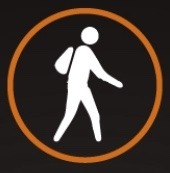
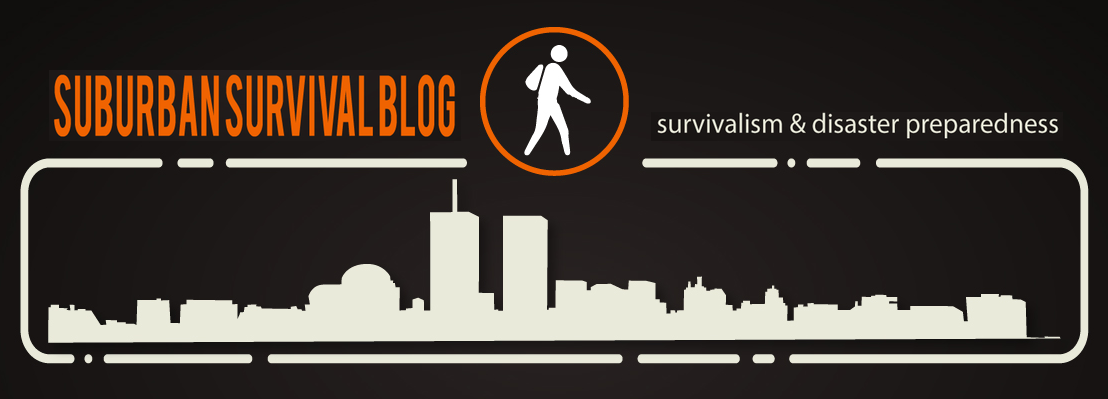


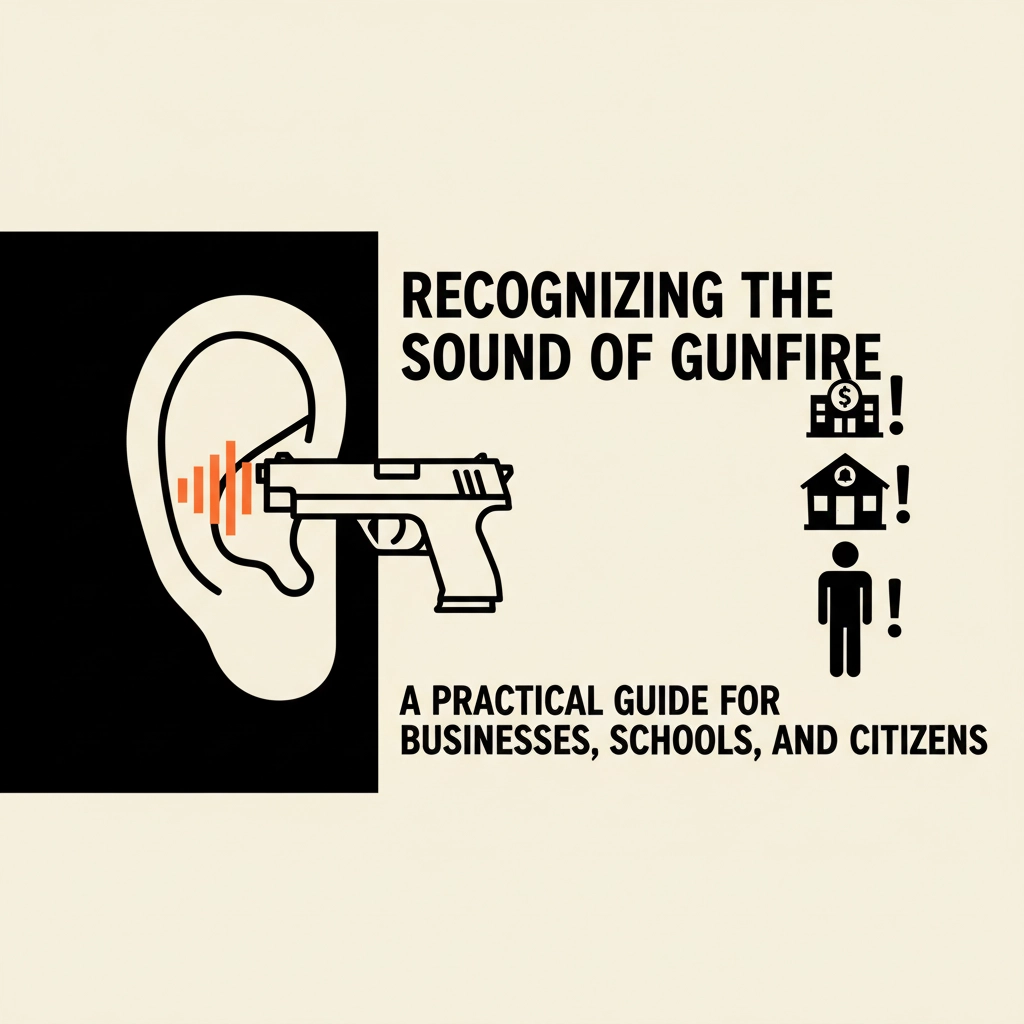
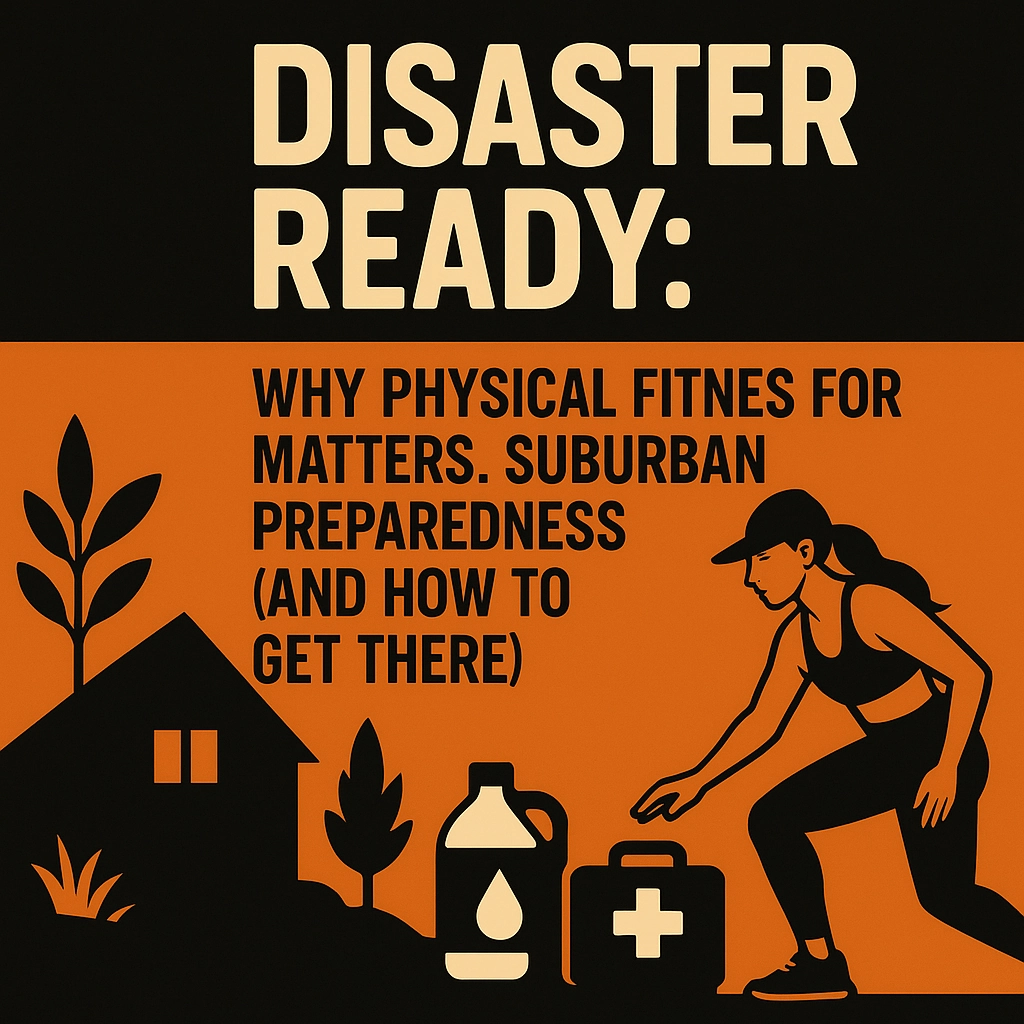



While I agree a team can have many advantages, there are also major disadvantages. For example, each person brings his/her own “baghage” with them. It’s really really hard IMO to find a person so reliable you can trust your life — and your family’s life — to them. Let’s not loose sight of that which is really the ultimate end of having a team: Mutual, unwavering, all-for-one/one-for-all support. IMO anything less is worse than being along because it gives a false sense of security.
If I were to form a group there are a couple of people I would consider asking to join. But while they come with some good skills they also come with some significant baggage.
Other than groups centered around immediate family (and even then maybe not) it’s really really hard to find good people.